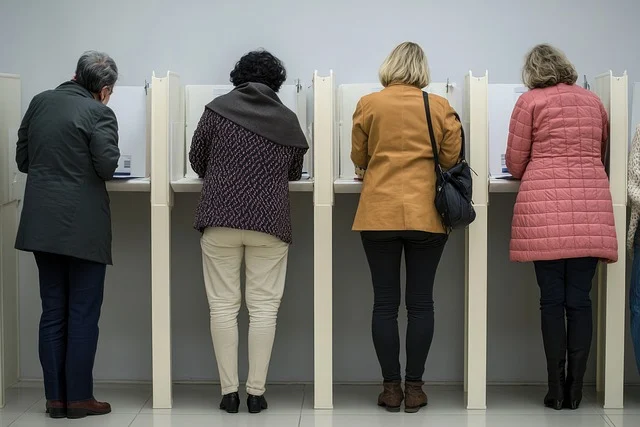Germany will hold snap elections on 23 February 2024, following the breakdown of Chancellor Olaf Scholz’s ruling coalition, according to reports from domestic media. The decision comes after weeks of escalating tensions within the government, culminating in a rupture last week that left the coalition unable to govern effectively.
The political crisis has been building for some time, with Scholz’s Social Democratic Party (SPD) facing growing internal divisions and criticism over its handling of key issues such as the economy, energy policy, and the country’s role in the European Union. Initially, Scholz proposed a no-confidence vote to take place on 15 January, with elections scheduled for March. However, Friedrich Merz, leader of the opposition Christian Democratic Union (CDU), rejected this timeline, arguing that Scholz’s government no longer had the necessary parliamentary support to continue.
Instead, the two leaders reached an agreement to hold the no-confidence vote on 16 December, with snap elections to follow on 23 February. According to reports, the SPD and CDU leadership finalized the plan on Tuesday, and a special parliamentary session will take place later this week to iron out the details.
The snap election marks a significant shift in Germany’s political calendar. Federal elections were originally due in late 2025, but the collapse of the coalition has accelerated the process. The decision to move up the vote reflects the deepening political crisis and the inability of Scholz’s government to pass key legislation or manage internal disagreements effectively.
Opposition parties, led by Merz’s CDU, have been calling for an early election, arguing that the government’s instability is undermining the country’s ability to address pressing challenges. The snap election will now provide voters with a chance to weigh in on the future direction of the country, amid a backdrop of economic uncertainty, energy crises, and ongoing debates over Germany’s place in Europe.
With the election now set for February, the political landscape in Germany is expected to shift dramatically. Smaller parties, which have been gaining traction in recent years, could play an important role in shaping the outcome. Voters will head to the polls with the prospect of a more fragmented Bundestag and the possibility of new political alliances.
As the political parties prepare for an intense campaign season, all eyes will be on how the upcoming election will reshape Germany’s leadership and its policies for the future.
